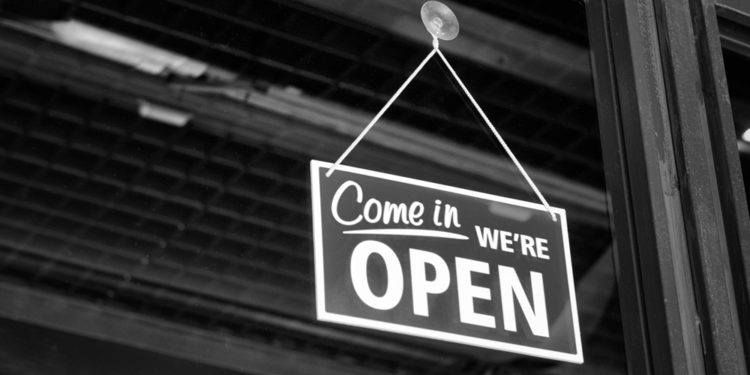Alongside Americans trying to understand where we are in the pandemic, officials in cities and states face difficult decisions about getting back – as near as we can – to normal. While some look at the future with trepidation, there is actually a great deal of opportunity ahead to improve policy and make our cities stronger.
For cities, the economic stakes couldn’t be higher. Urban economies have been devastated by shutdowns, travel restrictions and fear over the outbreak. As noted by the Brookings Institution, “The nation’s 50 hardest-hit counties support more than 60 million jobs and $7.4 trillion in economic output, good for 30% of the nation’s employment and 36% of its GDP.”
And some reports risk making an already bad situation worse. A Moody’s Analytics report released recently predicted which cities would recover most quickly from the pandemic based on two axes: Population density and educational attainment. The suggestion: City leaders have little power to spur local recovery and help their communities emerge strong from shutdowns.
We disagree. Cities are the engine of our economy and, as economist Ed Glaeser wrote, mankind’s greatest invention. The more than 65 million people living in our 100 largest cities are greater than the sum of their population and education statistics, and elected officials have much more than a passive role to play in enabling recovery.
While our state and national politics may be very different in culture and politics, our largest cities share a lot of challenges and potential solutions.
While our state and national politics may be very different in culture and politics, our largest cities share a lot of challenges and potential solutions.
For these communities, getting back to normal looks similar to fighting the virus: Embrace good practices and abandon bad ones that were once tolerated but are now dangerous. Reduce the contagion of economic ruin by flattening the curve of hardship — in this case, by enabling millions of individuals and businesses to quickly return to productive activity.
Cities depended on their citizens’ spirit of community and determination during quarantines. Local leaders should now return the favor by assuming the best on behalf of those same residents by supporting their business efforts. The cities that recover quickly from the COVID-19 pandemic will be the ones that enable and partner with the men and women eager to get back to work building homes, preparing meals and cutting hair.
Here are a few things cities can do quickly and directly to aid in their own economic recovery
- City leadership can encourage entrepreneurship and new business growth – including home-based businesses and side hustles like ride-sharing or turning a spare room into a short-term rental – by streamlining licensure and permitting processes. People want to get back to work and be productive; city policies shouldn’t get in the way.
- Avoid subsidizing large speculative development projects with diverted tax revenue. Basic services will need those tax dollars right now and in the possible recession ahead, and city leaders’ time and attention are better spent helping small business owners recover and grow. Invest in people, not things.
- City finance departments should use this opportunity to correct any less-than-best practices they’ve tolerated for the past few years. Communities already struggling to balance the books at 3.5 percent unemployment are unlikely to find fiscal wiggle room in the months and years ahead. Transparency, fiscal discipline and spending prioritization will not only help cities recover, but also put them on a stronger footing for decades to come.
- Cities should make themselves friendlier to new housing construction, including new investments for the most vulnerable. This will boost municipal property and income tax bases, attract workers and entrepreneurs, and ease financial strain by slowing growth in rents.
While dense urban populations may continue to struggle through the pandemic, they are also our nation’s greatest stores of wealth, economic activity and innovation. As cities recover, their leaders will be assailed by special interests and their lobbyists for special carve-outs and targeted policies. But the most effective policy changes will be those offering the greatest return for the most people.
To slow the spread of COVID-19, city leaders asked their residents to stand with them. To speed recovery, those leaders should now stand with their residents and business owners.









